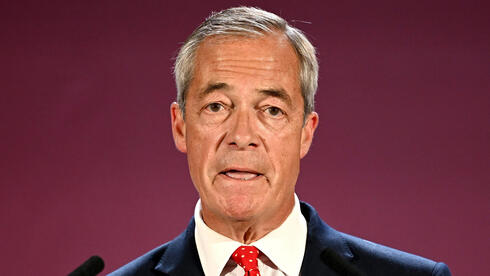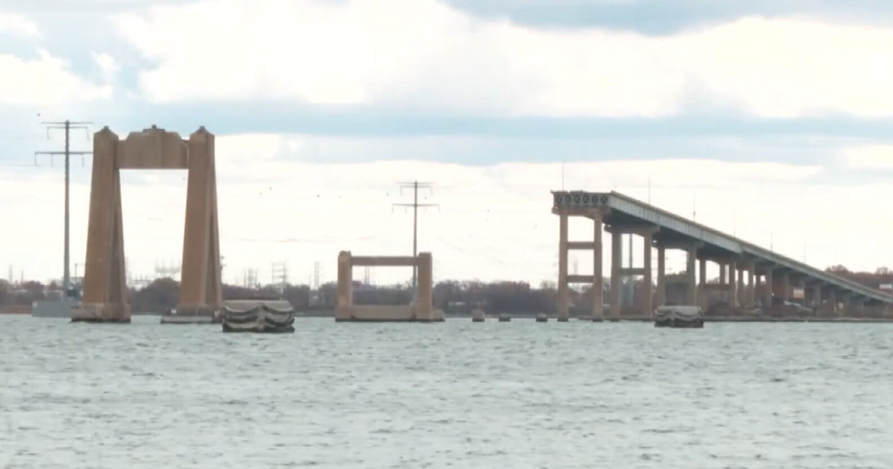By Ynet Global
Copyright ynetnews

British Prime Minister Keir Starmer’s announcement that the UK will recognize a Palestinian state — made in coordination with similar moves by Australia and Canada — set off a political firestorm Sunday. The right accused him of “rewarding Hamas,” echoing criticism from Israel, while voices on the left demanded even tougher steps, with some calling for personal sanctions against Prime Minister Benjamin Netanyahu. Starmer said the recognition was part of a broader international effort, led also by France, to keep the two-state solution alive in the face of Israeli policies in the West Bank and to press for a cease-fire in Gaza. He accused Israel of using “brutal tactics” in its military campaign, which last week escalated with a ground maneuver into Gaza. “This is not a reward for Hamas,” he insisted, pledging further sanctions on the group. Yet he acknowledged that heavy domestic pressure, particularly from Britain’s large Muslim community, also played a role. He admitted the war has “divided” the kingdom. Conservative backlash Business Secretary Kemi Badenoch tweeted that the decision was “absolutely disastrous,” accusing Starmer of leaving hostages “languishing in Gaza” and doing “nothing to stop the suffering of innocent people.” She said the move was evidence Labour could not solve Britain’s real problems and instead catered to “discredited student union campaigns.” Nigel Farage, leader of Reform UK, added: “The prime minister is wrong to recognize a Palestinian state. This is a reward for the Hamas terrorists and will do nothing to bring about peace.” A Telegraph poll published Sunday showed only 13% of Britons support unconditional recognition of a Palestinian state, while 51% oppose it as long as Hamas controls Gaza and holds hostages. An online poll later in the day, though not scientific, found 87% of 70,000 respondents opposed recognition. Jewish community alarm Britain’s Jewish community reacted with dismay. The Board of Deputies of British Jews said the move would be met with “deep anxiety,” warning it would not advance a cease-fire, hostage release, or long-term peace. Instead, it said, the decision risked easing pressure on Hamas. Another Jewish group, Campaign Against Antisemitism, called it Starmer’s “Chamberlain moment,” likening it to appeasement of Nazi Germany. It accused him of betraying hostage families and said the move would only prolong the war while emboldening Islamist terrorists worldwide. The Daily Mail splashed the headline “Starmer’s Reward for Terror” and warned of potential Palestinian claims for reparations tied to Britain’s role in the 1917 Balfour Declaration and its Mandate-era policies. The paper cited international law experts who speculated such claims could reach £2 trillion. Palestinian reaction Palestinian Authority President Mahmoud Abbas welcomed the recognition as a “necessary and important step toward a just and lasting peace.” Chief Palestinian envoy to Britain Husam Zomlot, soon to become ambassador, said he would raise the Palestinian flag in London on Monday. Zomlot told the BBC that Britain bore “historic responsibility” for Palestinian suffering: “The hands of British history are all over this conflict. The colonial era led us directly to the genocide happening now in Gaza, and to the expulsion of two-thirds of the Palestinian people during the Nakba and the Mandate period.”



